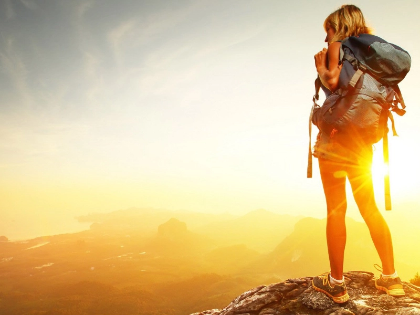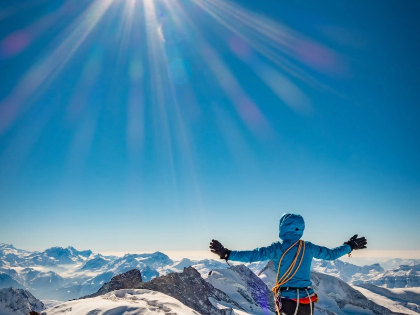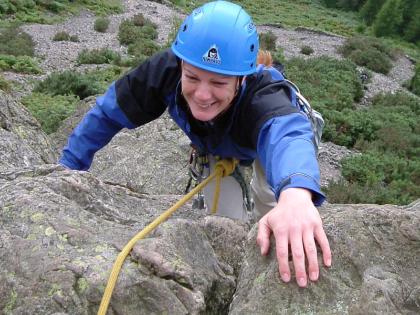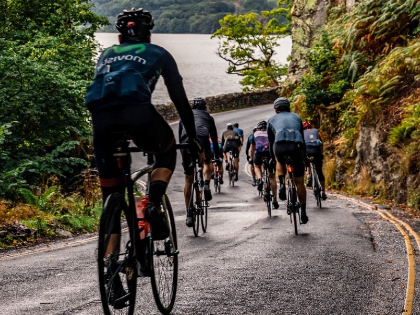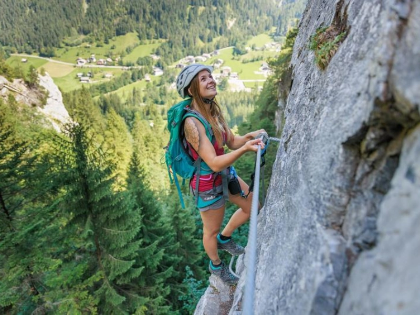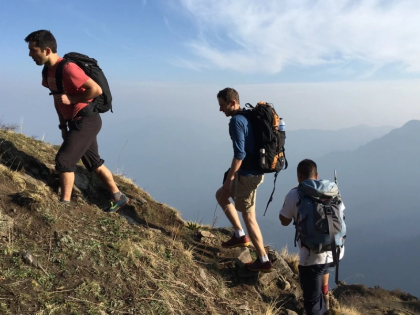The Most Vital Information Regarding Mountaineering
Mountaineering demands extraordinary stamina and physical power. It promotes cardiovascular health and fortifies bones and muscles. It also enhances people's ability to solve problems and fosters a sense of self-worth.
But it's easy to become engrossed in self-serving objectives and cross things off lists, such as summiting all of the Colorado 14ers or the Seven Summits. This can make mountaineering less enjoyable and leave people unprepared for hazardous situations.
Prioritizing safety
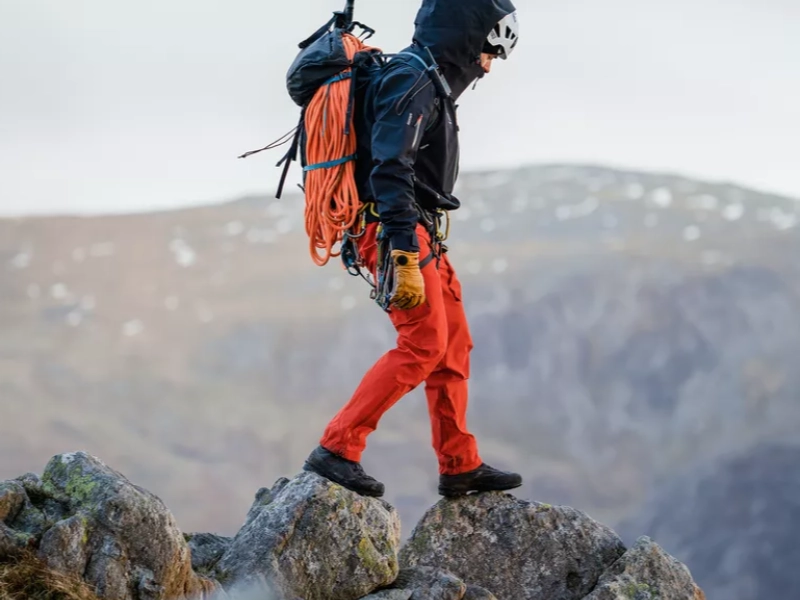
Numerous things can go wrong during an adventure, as anyone who has ever been on a mountain will attest. Even when the goal appears insurmountable, climbers need to maintain mental discipline to move forward for as long as it is safe and practicable. Turning around is depressing, but every real mountaineer has experienced it more than once.
For those who are prepared to put in the effort, mountaineering has numerous advantages, despite the risks. It enhances technical proficiency, mental toughness, and physical fitness. It also encourages a more profound respect for the natural world and its surroundings.
Mountaineering is an activity that demands a great deal of planning and training. Common challenges include severe weather, crevasses on glaciers, and acute mountain sickness. Climbers need specialized gear to tackle these challenges, such as oxygen tanks to counteract low air pressure. Other necessities include a map, compass, sleeping bag, and tent. The 14 highest peaks in the world were all successfully climbed by Reinhold Messner without the need for additional oxygen.
Exercise is vital.

A far higher level of general fitness is needed for mountaineering than for recreational rock climbing or backpacking. It also necessitates a different way of thinking and planning.
One reason is that the sport heavily relies on excellent movement over a variety of terrain; a climber who lacks mobility will never be able to match an effective mover's performance. It is therefore essential to train on terrain that closely approaches your actual goal, whether it be tough alpine terrain, steep hiking paths, or glaciated areas.
Moreover, a high degree of general fitness is necessary for many of the abilities involved in mountaineering. For example, navigation involves much more than just figuring out whether the weather map has a sun symbol; it also involves maneuvering over crevasses and whiteouts.
Last but not least, the sport fosters endurance and imparts important patience lessons. Mountaineers are aware that their objectives will eventually be attained if they proceed cautiously and slowly. This is a strong lesson that carries over into other facets of life.
Mental Resilience

Going over a glacier or scaling a cliff face takes more than just physical stamina. Mountaineering success is mostly dependent on having a strong and concentrated mind, and for good reason. Climbers are forced to utilize problem-solving techniques to overcome mental problems like traversing crevasses and whiteouts, which enhance brain function.
Additionally, it fosters the capacity to postpone satisfaction, which is useful for overcoming obstacles like waking up at two in the morning to climb a staircase. Finding the ideal person or launching a business are just two examples of the many goals in life that might benefit from that kind of dedication.
Many people who climb mountains develop a strong bond with them and decide to invest time, money, and energy in the sport. This is frequently the outcome of the hedonistic and cognitive values connected to high-mountain activities, which can include pleasure and satisfaction, a sense of being in nature, and self-indulgence (Zurek et al., 2022). Additionally, it's critical to keep in mind that climbing is an individual sport with no "one size fits all" methodology.
The Decline
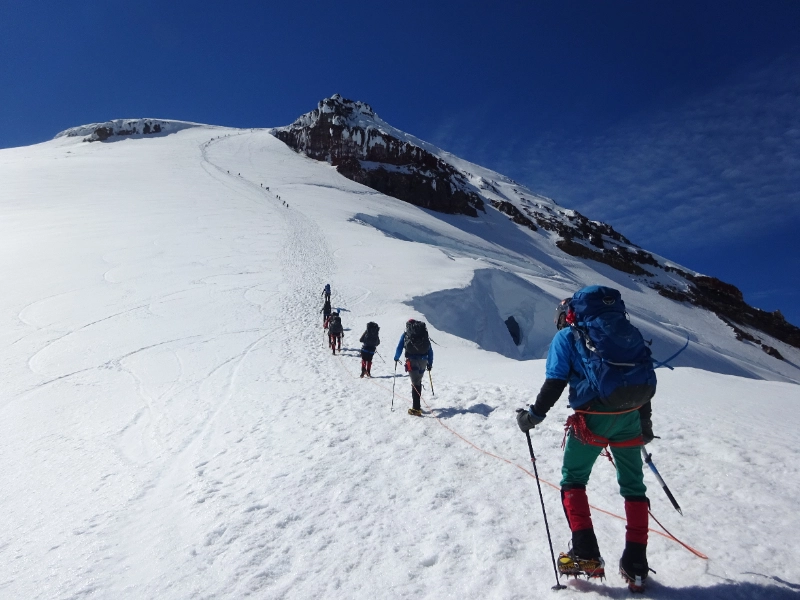
Many individuals who have never climbed a mountain ask themselves why climbers devote hours, days, and sometimes even months to ascending what seems to be just a piece of rock. An enthusiasm for conquering challenges, pushing oneself, and attaining peaks holds the key to the solution.
In mountaineering, safety is correlated with fitness. A wide range of physical attributes are necessary for mountaineering, such as aerobic capacity, upper and lower body strength, core strength, mobility, and balance. Clean form and the entire range of motion are key components of strength training. Strong mountaineers also need to know when to give up; even the most athletic and trained people can exhaust themselves by going uphill for hours on end.
Climbers must also respect a summit window and comprehend mountain weather. The 1996 Everest accident serves as evidence why it's best to turn back and avoid pushing yourself to the point of catastrophic injury if you start a climb later than planned or get trapped in a terrible storm.

